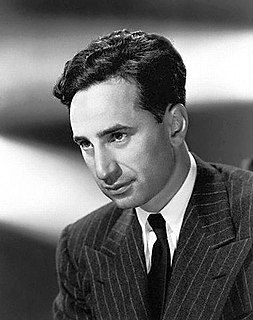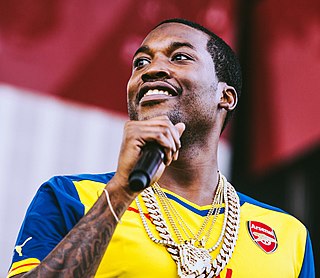A Quote by Elia Kazan
I value peace when it is not bought at the price of fundamental decencies.
Quote Topics
Related Quotes
Value in relation to price, not price alone, must determine your investment decisions. If you look to Mr Market as a creator of investment opportunities (where price departs from underlying value), you have the makings of a value investor. If you insist on looking to Mr Market for investment guidance however, you are probably best advised to hire someone else to manage your money.
We discovered that peace at any price is no peace at all. We discovered that life at any price has no value whatever; that life is nothing without the privileges, the prides, the rights, the joys which make it worth living, and also worth giving. And we also discovered that there is something more hideous, more atrocious than war or than death; and that is to live in fear.
Economists tell us that the 'price' of an object and its 'value' have very little or nothing to do with one another. 'Value' is entirely subjective economic value, anyway while 'price' reflects whatever a buyer is willing to give up to get the object in question, and whatever the seller is willing to accept to give it up. Both are governed by the Law of Marginal Utility, which is actually a law of psychology, rather than economics. For government to attempt to dictate a 'fair price' betrays complete misunderstanding of the entire process.
The price of peace is righteousness. Men and nations may loudly proclaim, 'Peace, peace,' but there shall be no peace until individuals nurture in their souls those principles of personal purity, integrity, and character which foster the development of peace. Peace cannot be imposed. It must come from the lives and hearts of men. There is no other way.



































